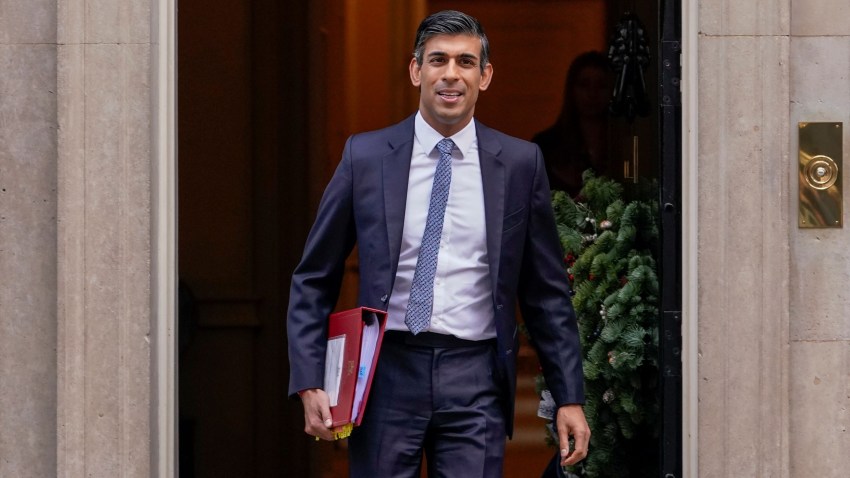Where does U.K. Prime Minister Rishi Sunak stand on China? The answer was not obvious before Sunak gave a speech Monday outlining his foreign policy agenda. And despite the speech’s extended discussion of how he views China, there is ample reason to believe that U.K.-China relations might be difficult for Sunak to keep on an even keel.
In his speech, Sunak sought to balance criticism of China with a hard-headed recognition that Britain must engage Beijing on matters of mutual concern. While calling China “a systemic challenge” to the U.K.’s values and interests, he cautioned that London “cannot simply ignore China’s significance in world affairs, to global economic stability or issues like climate change.” He called his own approach one of “robust pragmatism”—essentially, a commitment to “call out” Beijing’s human rights abuses and efforts to stifle democracy abroad, while still engaging China in the economic and diplomatic spheres.
Commentators in the U.K. have taken the speech as evidence that Sunak intends to soften London’s stance toward China. Former Tory leader Iain Duncan Smith tersely summarized Sunak’s approach as one of “appeasement.” But in reality, domestic politics and international events are unlikely to permit major changes to one of the most controversial aspects of British foreign policy. The more likely outcome, which Sunak himself seems to acknowledge, is that he will find it difficult to overturn his predecessors’ hawkish positions, leaving Britain and China somewhat estranged on the world stage.

